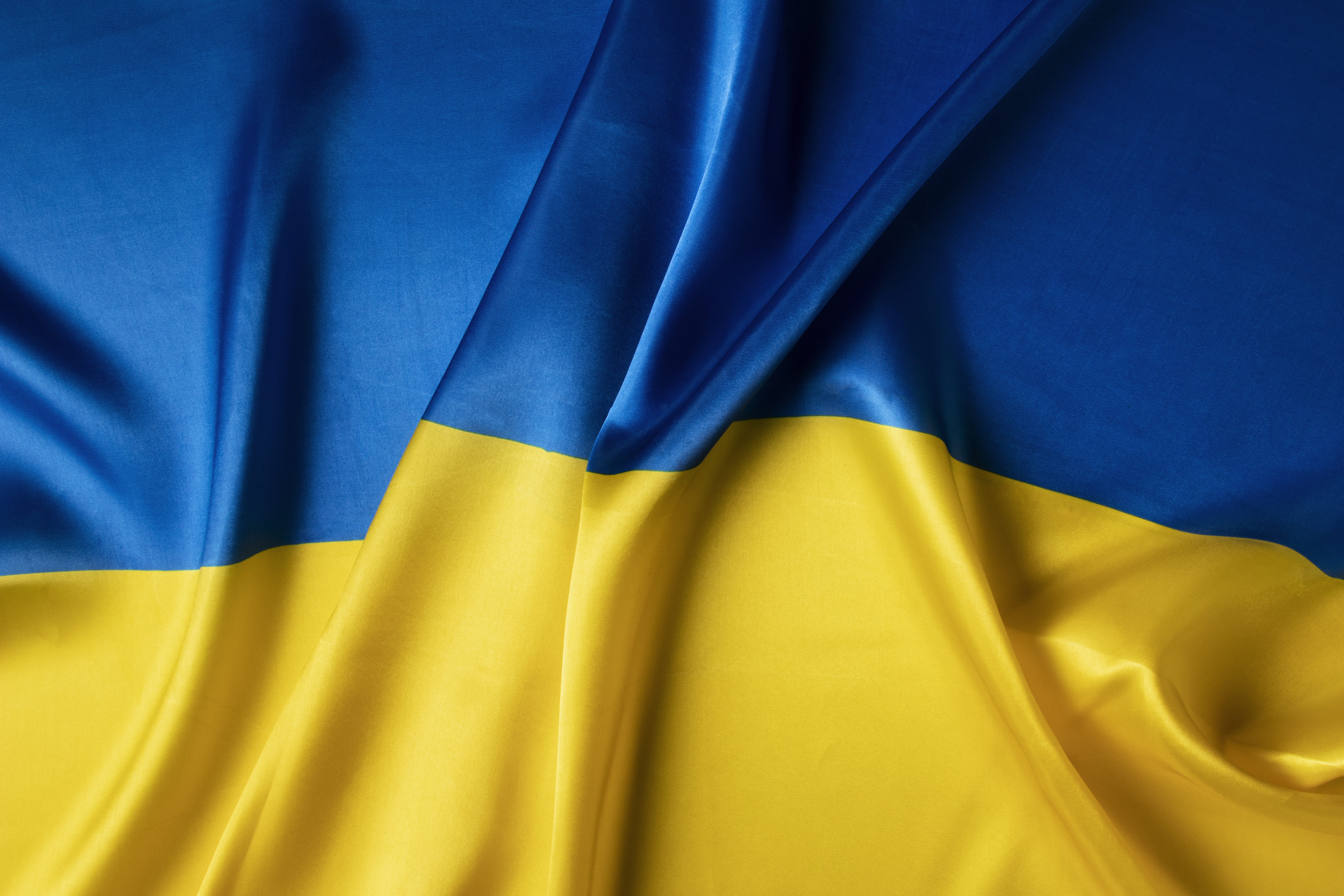Coinbase CEO Brian Armstrong said AI now generates around 40 per cent of the exchange’s code, expected to surpass 50 per cent by October 2025. He emphasised that human oversight remains essential, as AI cannot be uniformly applied across all areas of the platform.
Armstrong confirmed that engineers were instructed to adopt AI development tools within a week, with those resisting the mandate dismissed. The move places Coinbase ahead of technology giants such as Microsoft and Google, which use AI for roughly 30 per cent of their code.
Security experts have raised concerns about the heavy reliance on AI. Industry figures warn that AI-generated code could contain bugs or miss critical context, posing risks for a platform holding over $420 billion in digital assets.
Larry Lyu called the strategy ‘a giant red flag’ for security-sensitive businesses.
Supporters argue that Coinbase’s approach is measured. Richard Wu of Tensor said AI could generate up to 90 per cent of high-quality code within five years if paired with thorough review and testing, similar to junior engineer errors.
Would you like to learn more about AI, tech and digital diplomacy? If so, ask our Diplo chatbot!









